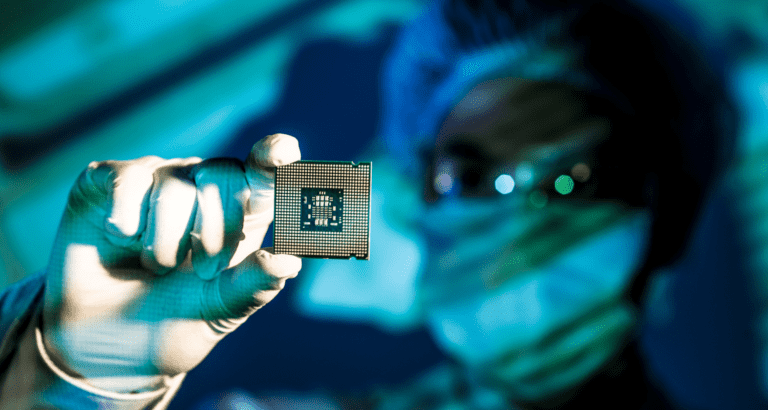Tech giant Intel has finally unveiled long-awaited plans to build a state-of-the-art project called Mega Fab for manufacturing complex chipsets in the EU.
Intel and EU’s top brass concluded a win-win agreement on Tuesday, revealing the long-awaited plans to build a first-of-a-kind microchip factory in Germany.
The company has announced a whopping investment of 88 billion euros in Europe amidst the global chipset crisis. Intel has outlined 33 billion as an initial investment to balance the global semiconductor supply chain with expanding Intel’s manufacturing capacities in Europe.
The CEO of Intel, Pat Gelsinger, shared his plans of investing €17 billion for manufacturing sites in the German city of Magdeburg and France, Ireland, and Italy. He further stated:
“Investments are major steps for both Intel and Europe. The EU chips will contribute in empowering the private and government companies to work together, with one common goal – to advance Europe’s position in the semiconductor sector.”
Furthermore, the new site, known as Mega Fab, has managed to fall behind the U.S and Asia in the global race of microchip technology.
TIP: Read up on the European Chips Act here.
EU eases state-aid rules for better chip ecosystem
This project is a political win for the EU leader, Ursula von der Leyen, and her right-hand man on chips policy, Thierry Breton. In return, the EU has started to put together generous public sponsorship packages and remodel and ease its state-aid policy to create a broader microchip ecosystem for Intel.
It aims to prevent the unfair and illegal subsidies granted by EU countries to companies for innovative chip factories.
With a potential investment of 5 billion euros, Intel has planned to enable a back-end manufacturing facility to create 1,500 employment opportunities with an additional 3,500 jobs across partners and suppliers.
Intel also plans to spend around 33 billion euros on manufacturing investments. It will significantly increase the manufacturing capacity across the EU, enabling Intel to lay the foundation to bring various parts of semiconductors closer to improve supply chain resiliency in Europe.
